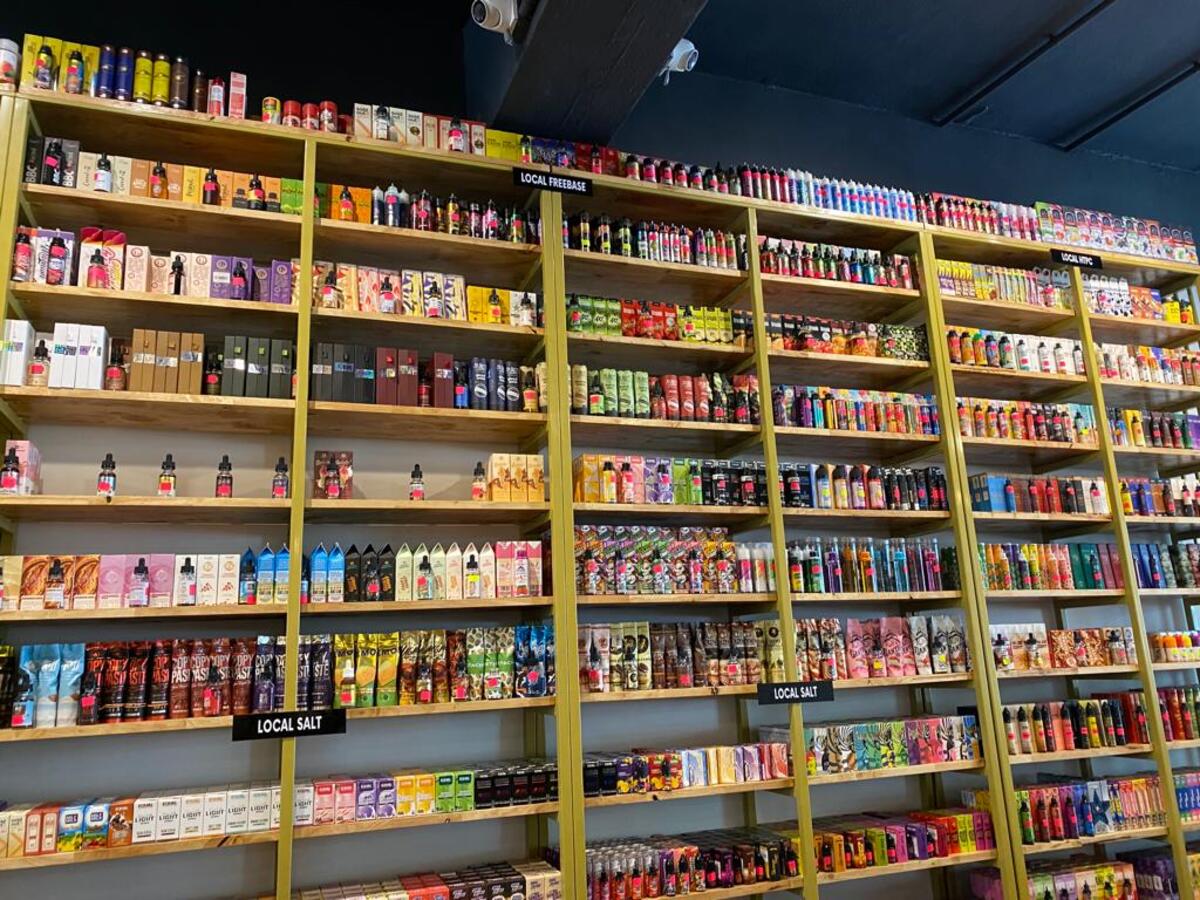KUALA LUMPUR, March 19 — Malaysian vape producers and businesses have protested against a slew of proposed regulations on e-cigarettes and vapes that it claimed would “kill” the local industry.
In a statement today, a coalition of several vape industry associations revealed plans by the Ministry of Health (MOH) for a flavour ban or controls, plain packaging, a standard shape for vape products, retail display ban, and even a ban on the sale of vape liquid bottles (open system products) manufactured by local vape entrepreneurs.
“These suggestions are too drastic and will kill the local industry. We do not agree with these recommendations as many local entrepreneurs will be affected and many workers in the industry will be impacted by these drastic proposals,” said Malaysia E-Vaporizers and Tobacco Alternative Association (Mevta) president Mohamad Neezam Talib.
“To-date, we have never been invited to discuss any proposed ban or controls on flavours, fixing a standard shape for vape products, plain packaging for vape products, a ban on displaying products in stores or a ban on selling vape liquid bottles.”
“In fact, these proposals were only communicated to a few selected parties recently, and when we learned of this information through news reports and the parties concerned, we were quite surprised because discussions were not conducted transparently with all involved in the industry.”
These proposed regulations under the Control of Smoking Products for Public Health Act 2024 (Act 852) – as claimed by the vape industry – go further than what the MOH has revealed publicly.
In Parliament last Thursday, Deputy Health Minister Lukanisman Awang Sauni mentioned proposed plain packaging for cigarettes and tobacco products, standard packaging on vape, as well as flavour controls.
“Almost all vape liquid bottles used for open systems and sold in Malaysia are manufactured in the country by local entrepreneurs,” said Malaysia e-Liquid Brewers Association (Meba) president Zack Ariffin.
“Banning the sale of this product will result in many Malay entrepreneurs going out of business and many workers will lose their jobs.”
Zack claimed that banning open vape systems would give an advantage to foreign companies and imported products, as most disposable vapes and closed system products are imported from China.
“It will result in foreign companies eventually dominating the vape industry here and the local vape industry marginalised.”
Malay Vape Traders Association (PPVM) president Sabri Ismail said regulations on vape should differ from those on conventional cigarettes or heated tobacco products.
“In countries such as New Zealand and the United Kingdom (UK), the regulations for vaping are different from tobacco products. This is because vape products have been recognised as products that are less harmful and able to help smokers quit smoking.”
Dr Vinayak Mohan Prasad – the unit head of No Tobacco (TFI) at the World Health Organization’s (WHO) Department of Health Promotion in Geneva, Switzerland – previously told CodeBlue that vape should not be distinguished from tobacco products.
Tobacco control, he said, includes control over nicotine.








